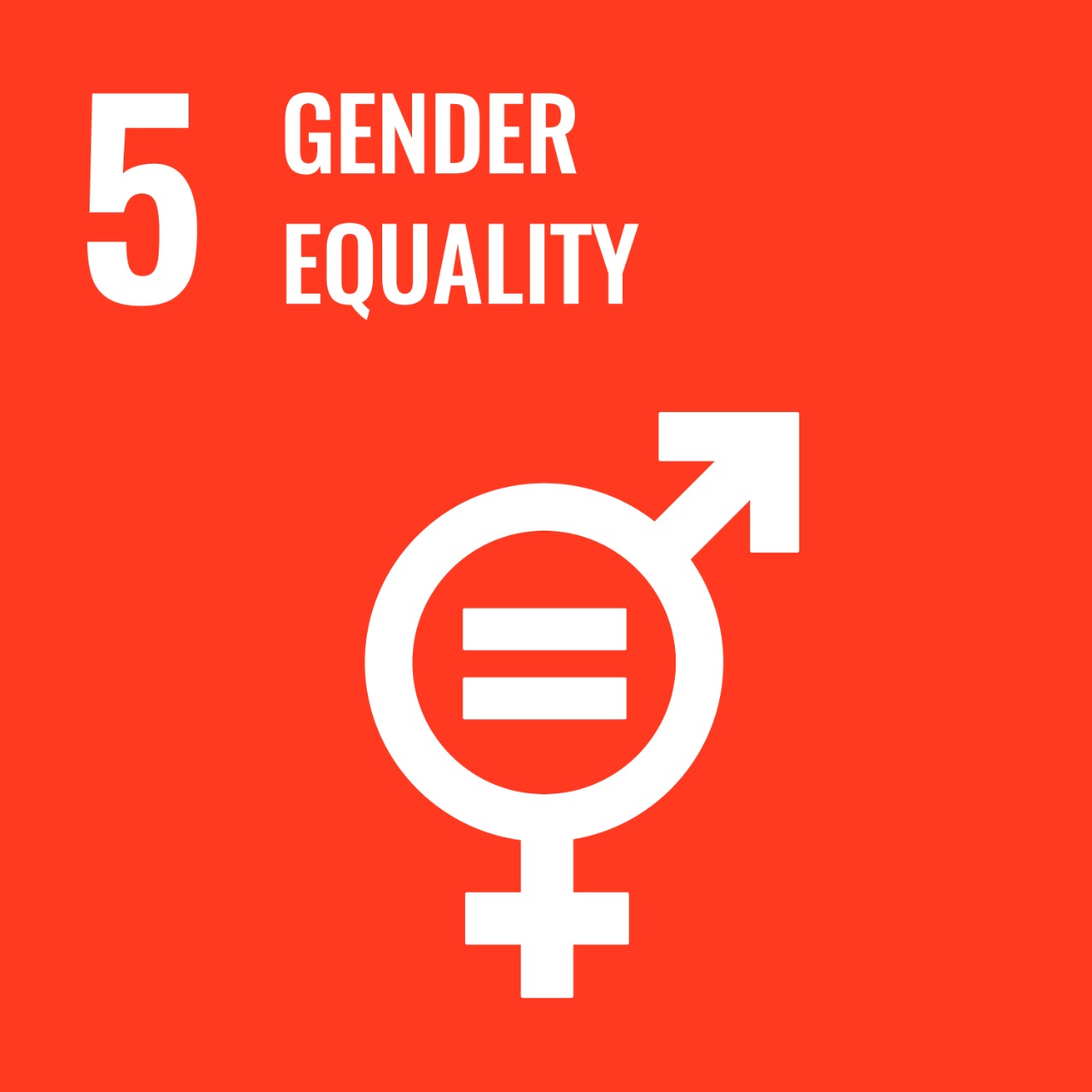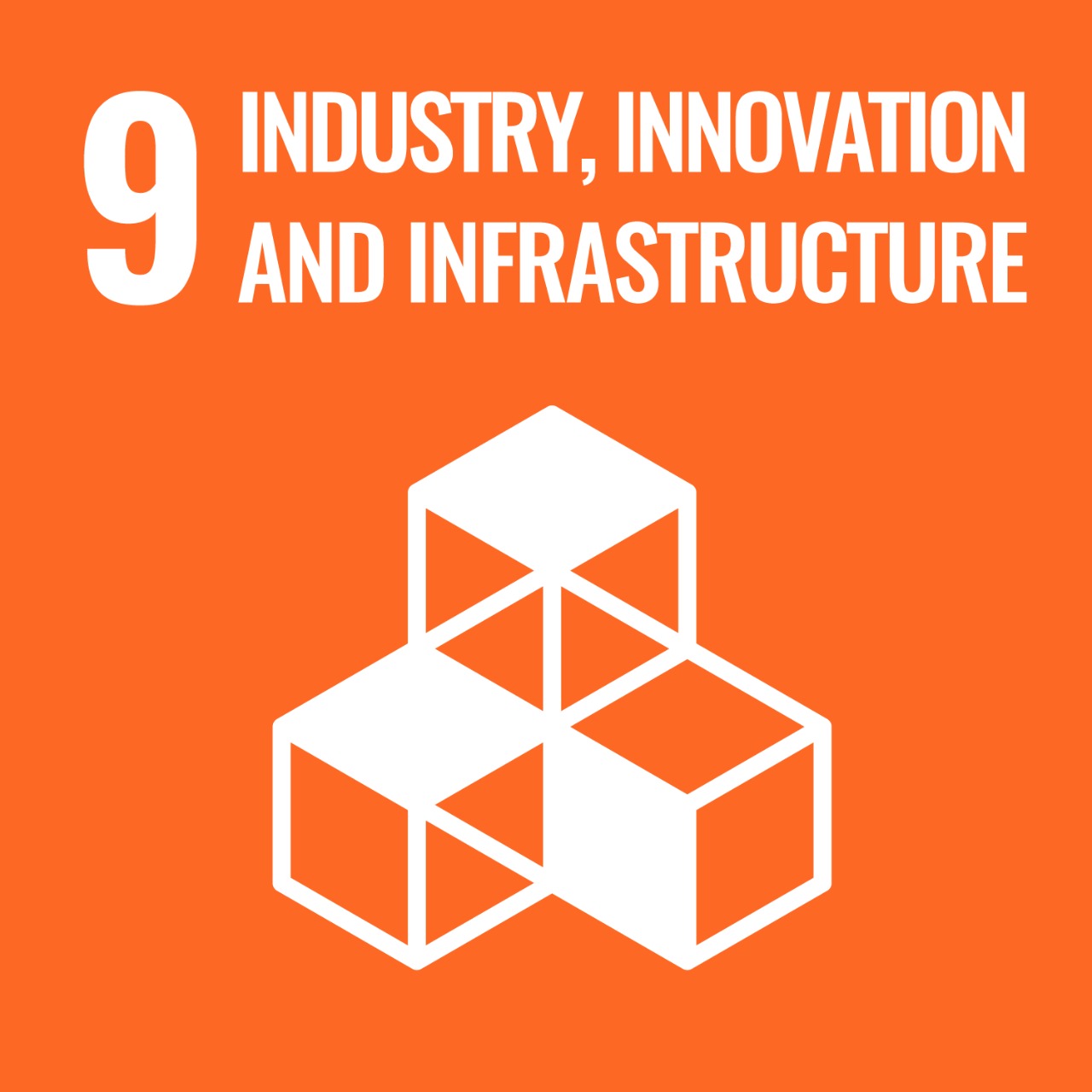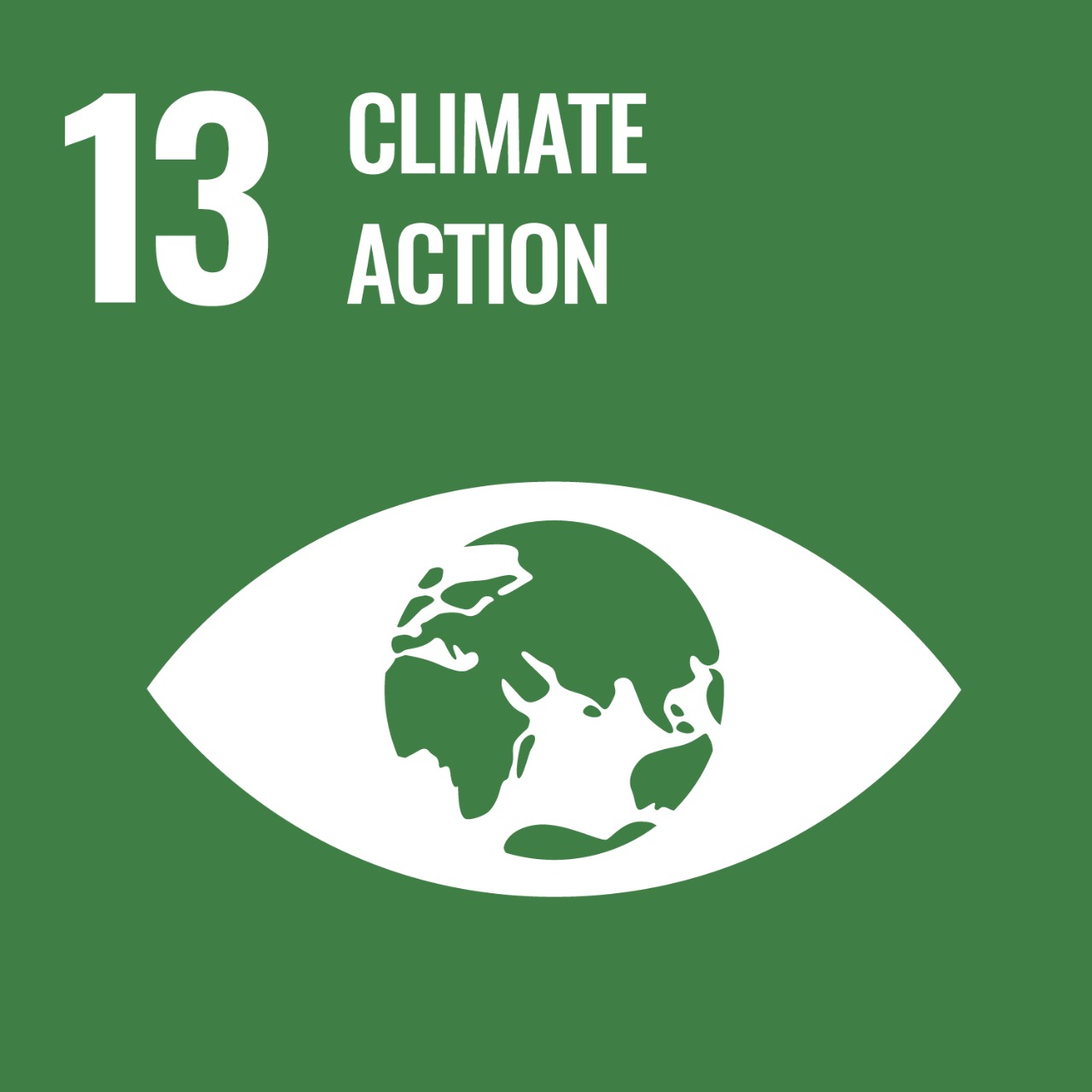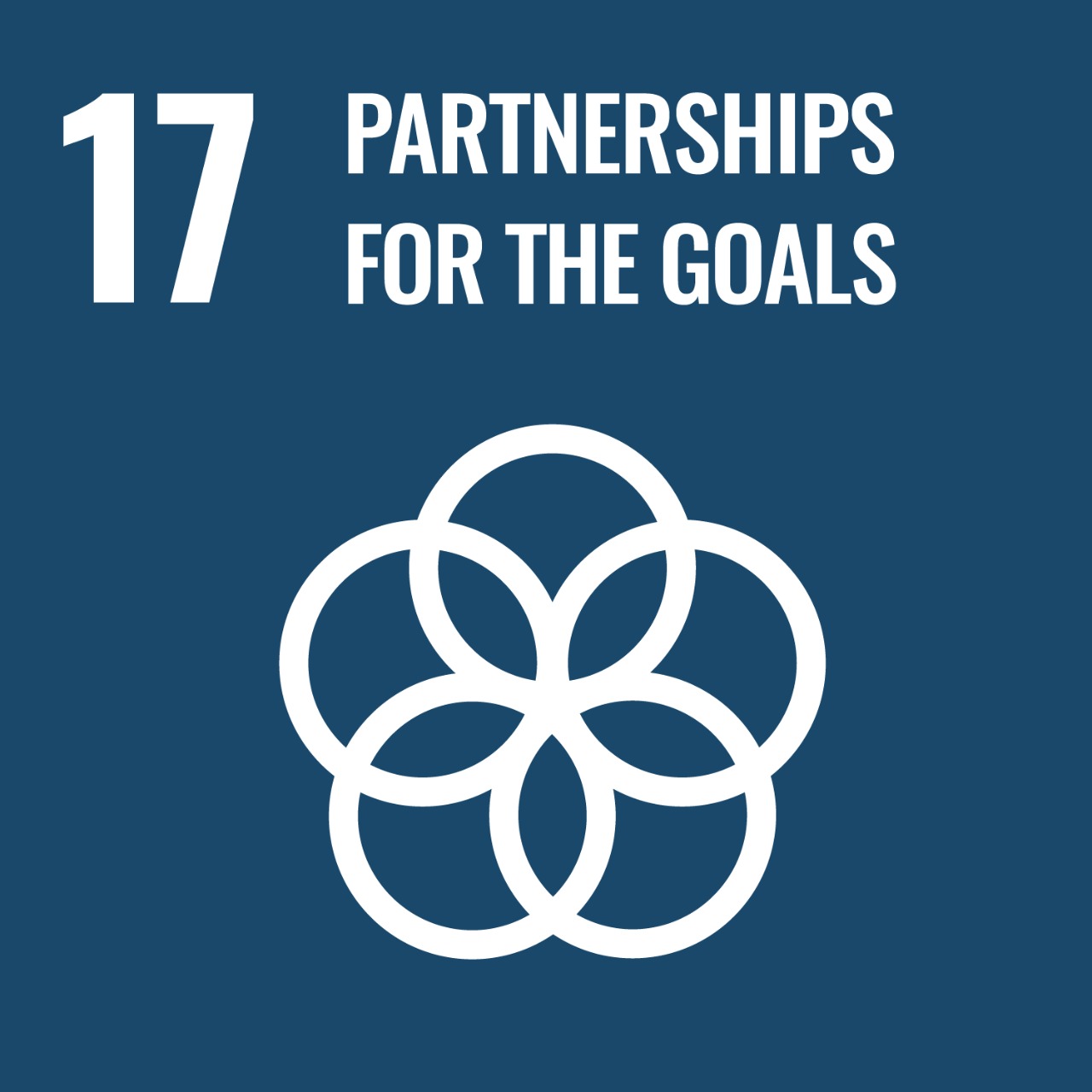Sustainability
Our Approach
DBG’s ability to manage ESG matters is fundamental to our long-term outcomes and impact. We provide support to our PFIs and SMEs to thrive and be resilient.
Sustainability & ESG
Our ESG and Sustainability framework is integrated into our culture, business operations, processes, systems, and governance process through the Environmental and Social management system (ESMS). The ESMS guides the wholesale financing and investment decision-making process in assessing, managing, and controlling the associated risk and opportunities associated with the transaction. It is envisaged that each of the participating financial institutions (PFI’s) and their eligible SMEs undergo a detailed environmental and social assessment and monitoring to ensure compliance with relevant environmental and social systems in Ghana and the Bank’s ESG management framework.
We incorporate ESG in our overall vision and mission statement and as an integral component of the bank’s policies. Our Environmental and Social (E&S) policy is aligned with the Ghana Sustainable Banking Principles and Sector Guidance Notes (2019), the World Bank Environmental and Social Standards as well as the European Investment Bank (EIB) E&S Standards, KfW Sustainability Guidelines, and the AfDB Integrated Safeguards System (ISS) setting the tone at the top and embedding our approach in our stakeholders in a value-driven and ethical way. This policy enables DBG to align itself to best international practice and local legislation governing environmental and social issues and forms the basis of DBG’s Environmental and Social Management System (ESMS).
In the policy, DBG is committed to:
- Integration of Environmental and Social Sustainability Measures
- Screening Lending and Investment Activities against the Exclusion List
- Systematic Assessment of Risks and Impact Monitoring and Evaluation
- Gender Mainstreaming and Gender lensing
- Labor and Working conditions
- Grievance and Redress Mechanism
- Public Disclosure and Reporting
DBG is committed to ensuring good environmental and social performance through the integration of sustainable development in its financial and non-financial activities and by seeking to address the E&S risks of its financing and lending activities. Our operational policies incorporate ESG elements in the wholesale lending process from basic eligibility of Participating Financial Institutions (PFIs) to, detailed due diligence appraisals, approvals, monitoring and reporting. We apply robust to ESG risk management to build an outstanding ESG track record and high levels of stakeholder satisfaction. The purpose of DBG’s ESG risk and impact management is to determine and evaluate ESG risks and impacts during our lending activities by assessing our PFI’s capacity to manage ESG risks in line with our ESG requirements. We are essentially operating in line with the World Bank Environmental and Social Standards as well as the European Investment Bank [EIB] E&S Standards, KfW Sustainability Guidelines) and the AfDB Integrated Safeguards System (ISS).
Sustainable Development Goals (SDGs)
DBG is committed, aligned, and strengthened to achieve UN Sustainable Development Goals (SDGs) ambitions and targets while implementing environmental, social, and governance (ESG) strategy aimed at creating shared value and impact with purpose.
SDG Ambitions and Impact Targets
As a Development Bank, we are poised to influence the acceleration of our participating financial institutions (PFIs) to pursue sustainable and responsible banking.

SDG 5
Ensure women’s full and effective participation and equal opportunities for leadership at all levels of decision-making in political, economic, public life, and gender balance across all levels of management.

SDG 9
Increase the access of small-scale industrial and other enterprises, in particular in developing countries, to financial services, including affordable credit, and their integration into value chains and markets.

SDG 13
Promote mechanisms for raising capacity for effective climate change-related planning and management including focusing on women, youth, local and marginalized communities.

SDG 17
Deepen global partnership for sustainable development, complemented by multi-stakeholder partnerships that mobilize and share knowledge, expertise, technology, and financial resources, to support the achievement of the sustainable development goals.
